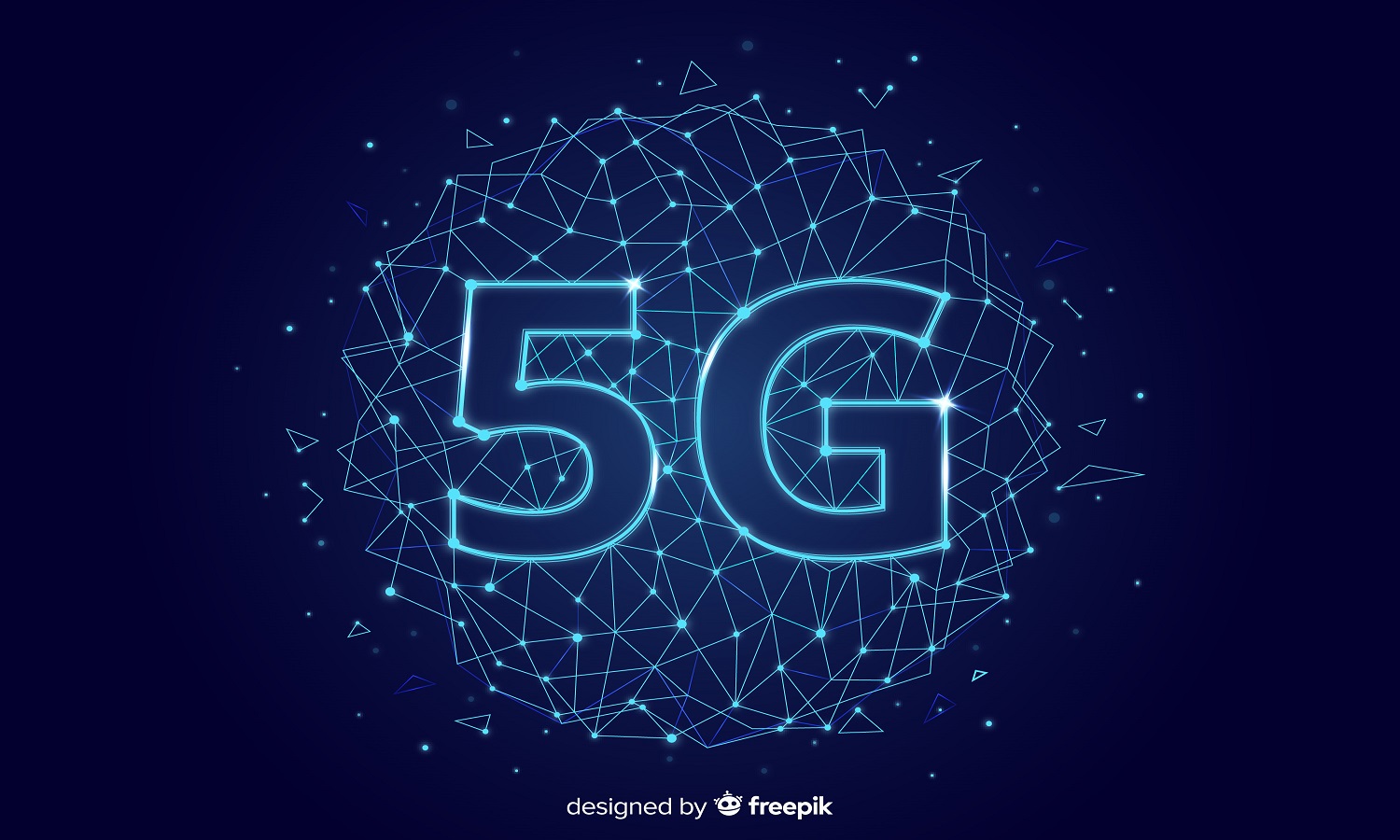There is no doubt that 5G is so powerful, it can change everything in our digital lives. This next-generation wireless technology is already out now. Many companies like Charter Spectrum have already rolled out 5G via Spectrum offers for mobile in some locations. However, we will probably have to wait a couple of years to see 5G in its true impactful way but if you live in certain cities where the services are in place, the future may be closer than you think.
Table of Contents
Understanding the 5G Technology
To better understand 5G, it’s important to take a step back and remember that 5G is not like the previous mobile Internet technologies we know of. All these were evolutionary and brought incremental improvements in speed and bandwidth. 5G is an evolution from 4G but it differs in the use of multiple spectrums and frequencies, which is why it has significantly better network output.
Wondering why it’s launched in some cities and not others? Because the deployment is easier in cities with a high density of 4G networks and large outdoor venues such as parks and stadiums. Each operator has its own plan and strategy to build out a 5G network based on the network infrastructure. Hence, they are deploying 3 types of 5G services:
- Low Band 5G: It’s 20% faster than 4G LTE
- Mid-Band 5G: it’s about 6 times faster than LTE
- mmWave high-band 5G: It’s 10 times faster than LTE with extremely low latency
Where Will 5G Lead Us?
The 5G network has the capability to reduce the wait time to seconds. With this kind of speed, latency will disappear. Engineers will be able to build networks of connected vehicles and relay relevant traffic into and maintain safe driving distance automatically. Likewise, telemedicine will become more viable. Imagine the scenario where doctors in doctors would be able to use cutting-edge robotics for performing surgeries in a different country such as Karachi, Pakistan. And a world where drones and self-driving cars would be able to build a 3D map in real-time to operate more efficiently.
This technology is going to enable transmission speed of up to 100 GB per second. This makes it a hundred times faster than 4G! As mentioned earlier, it has no zero communication latency which means that you will enjoy real-time communication with no delay. It will be just as you are talking to someone in real life. The networks are going to be extremely reliable which means you won’t face connection issues. In other words, we can safely depend on it to do more things in life.
Let’s have a look at more applications of 5G in other fields:
Cloud Computing
Cloud computing will have communication more centralized. Individuals won’t have to download applications or store files on their devices. They just have to log into their cloud service provider. With cloud computing, we would be able to finish tasks on lighter and smaller devices. This would make computing versatile and efficient.
IoT
Thanks to 5G, every appliance and the electric device would be connected to the Internet. We would be able to control our smart homes remotely, manage climate control, bathroom and kitchen appliances, and home security systems.
Automated operations
Since the 5G network will have zero latency, manufacturers can use automated operations exceeding human precision. This would boost operational efficiency big time.
Are There Any Downsides to 5G Internet?
We have sung the praises of 5G home but it has some challenges which are yet to be addressed. Let’s explore them:
Security or Privacy Issues
Unfortunately, 5G is likely to raise security and privacy concerns. As the number of connected devices increase, personal information might be at risk. This means 5G networks will give hackers billions of connected devices to target. 5G providers and the government regulators must establish security measures to meet this challenge.
Dead Zones Are a Challenge
In some cities such as Chicago, 5G connection seems to fade in and out. Dead zones are an issue that nobody wants to deal with on a wireless network let alone 5G!
Frequency Issue
In certain dead zones, 5G uses higher frequencies which means you could get hit with weak signals to no signals especially when indoors. Signal boosters will be required to overcome this issue.
Conclusion
Unless you are an early adopter or a techno-freak, we would suggest waiting before upgrading to 5G devices for mobile and home Internet use.
Let’s hope this new generation network that’s supposed to be a game-changer becomes a cheaper and promising alternative to traditional Internet services.




